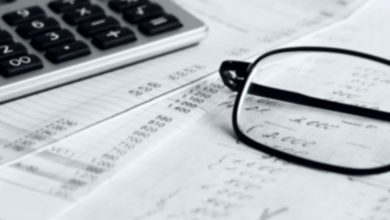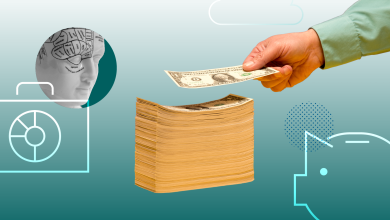Financial Ways to Avoid Filing for Personal Bankruptcy

The image source is Pexels.
Bankruptcy offers a way for people to get out of a situation in which crippling debt is putting their livelihoods at risk. While this is a viable solution, it should be viewed as a last resort. There are plenty of options open to you before you reach this stage, so you should consider a range of alternatives ahead of committing to this course of action. Here are a few ways you can avoid filing for personal bankruptcy altogether.
Pay Off Your Debt to Avoid Filing for Personal Bankruptcy
Each month, you should be making sure every minimum payment is made on time to help you avoid worsening your credit situation. In addition, start working on paying off your existing debt. The snowball method is considered to be the most efficient way of paying off multiple creditors because it starts with the smallest debt and leads up to the largest. Each month, you pay something extra towards your smallest debt. Once that creditor has been paid off, the money you were paying to them should be applied to your next smallest debt until that debt has been paid off. In this manner, you’ll increase the disposable cash you have each month, helping you to pay off larger debts faster.
Contact Your Creditors
Your creditors would prefer that you avoided bankruptcy because they know they may not get anything back if you do file. If you call each creditor and explain that you’re suffering a hardship, they may be able to offer you lower monthly payments or put a hold on the interest applied to your account. They may also offer hardship programs designed to help their customers repay their debts, but be sure to read the terms of the program carefully. Some hardship programs only serve to lock consumers into a long-term cycle that does little to resolve their debts.
Look For Credit Counseling Services
There are firms in most cities that offer credit counseling and consumer proposal programs that help individuals alleviate their debts. These firms are more experienced in negotiating with creditors and may be able to obtain more favorable terms for you. In considering this option, be sure to ask about their fee. In some cases, the fee you pay may negate the savings they obtain for you from your creditors. The goal is to ensure your debts can be fully repaid within three to five years, which is a similar requirement as that imposed in a chapter 13 bankruptcy. This will still require you to make consistent payments, so be sure you can meet those obligations.
Sell Your Assets
Even when you file for chapter 7 bankruptcy, the bankruptcy trustee will require you to forfeit certain assets. Those assets will be liquidated, and the funds will be used to settle a portion of the debts you owe to your creditors. However, when you take this course of action without filing bankruptcy, you can pick and choose which assets to sell. If you have jewelry or other valuables that you want to keep within your family, this may be the better alternative. You’ll get to choose which assets to liquidate and, if you hold enough valuable assets, this may be sufficient to satisfy your creditors.
Pick Up an Extra Source of Income
You don’t have to take on a second full-time job to make enough money to start paying off your creditors. There are even more flexible options in working part-time. You can find freelancing opportunities online or look for work from home opportunities that make earning extra money more convenient. If you have a creative talent, such as making works of art, crafts, writing, or graphic design, you can sell your products or services online. Remote working options are continuing to expand, so it may be beneficial to you to look at what’s available. Even after you pay off your debts, you might consider keeping that extra gig to help you save more money for your future. This can help you avoid filing for personal bankruptcy.
Create an Organized Budget to Avoid Filing for Personal Bankruptcy
Sometimes it is easy to lose track of where your money is going or how much is being spent where. By keeping an organized budget, you are more likely to keep more in your savings and spend less. Make sure everyone in the household is sticking to their budget. Once your kids get old enough, teach them how to manage their own money so that they will be more responsible once they are an adult. By teaching them what it means to be financially responsible, you are setting them up for a better chance at success. Learning how to manage money is imperative in order to be a self-sufficient and responsible adult. You can even have them start earning their own money by doing extra chores or doing odd jobs for neighbors in the area. For example, in the summer they can mow neighbors yards or babysit. This will also teach them other valuable skills they can bring into adulthood. It will also teach them the meaning of hard work.
Make Sure Everyone Has a Job
It is important that everyone in the family is pulling their weight and contributing to the family in some way. You can make sure everyone is growing and learning by making sure everyone has some sort of job. You can determine this by their age and what they are ready to do. Everyone has the ability to do something to help around the house which will help everyone in the long-run. You can all practice earning, saving, and managing money better together as a family unit. This can be greatly beneficial and help avoid filing for personal bankruptcy.
Conclusion for Filing for Personal Bankruptcy
Before you consider filing for personal bankruptcy, you should also be aware that it will remain on your credit report for seven to 10 years. You can avoid that black mark on your credit report by pursuing one of the other options mentioned here. Even if you’re not currently suffering from crippling debt, these actions can help you avoid that situation entirely. Practicing a good personal finance strategy can save you from economic devastation in the future.





